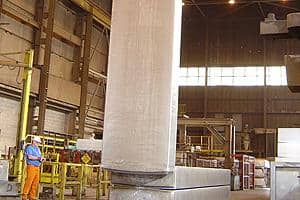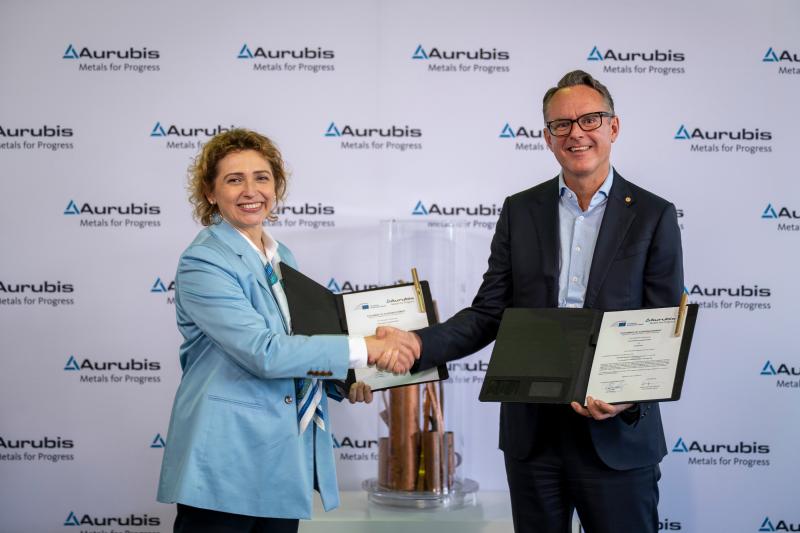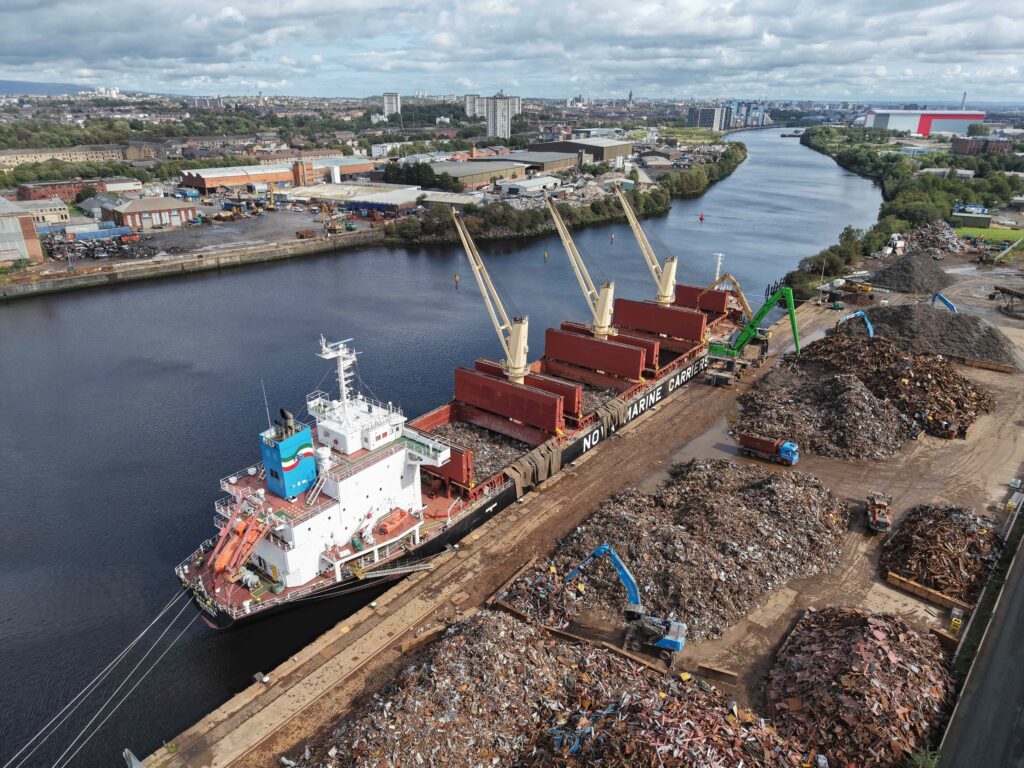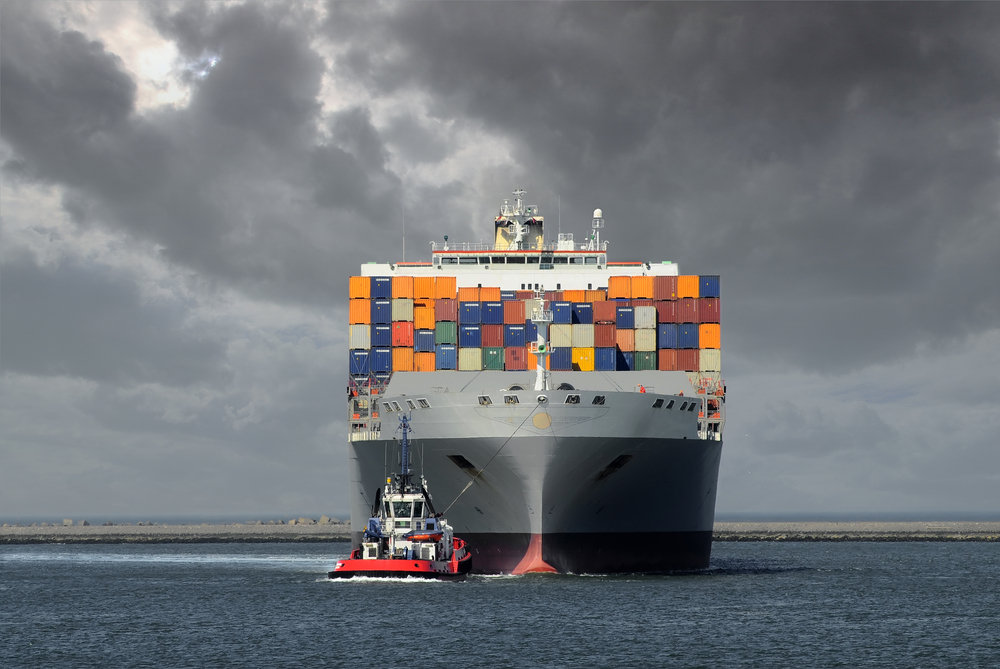The largest reprocessor of aluminium drinks cans in the UK, Novelis revealed to letsrecycle.com yesterday that it will continue to export cans to Germany in 2008.
Although for commercial reasons the company would not reveal the amount of cans being shipped to the Continent, the move partly explains the decrease of more than 25% in the tonnage of aluminium packaging reprocessed in the UK in 2007 so far (see letsrecycle.com story).
And, it could also explain the increase in exports of aluminium at a time when packaging waste exporters are having difficulties with government red tape (see letsrecycle.com story).
Andy Doran, national manager at Novelis UK, said: “During the year we accredited ourselves for export as UK quality causes us problems because of the plastic content. We made the decision to accredit to export metal within Europe to a company that can sort the metal and then melt it.”
Mr Doran explained that since cans melted into ingots at Warrington are then shipped to Europe anyway to be turned into new aluminium packaging material at Novelis rolling mills, sending unmelted UK cans to be sorted on the Continent first was merely a “different route” to the same end.
Contamination
The plastic contamination within UK loads of cans came from widgets used in beer cans as well as from co-mingled collections, the company said.
At the end of the day, we are producing a high quality packaging product, which has to meet our customers' stringent quality standards.
Andy Doran, Novelis Recycling
The situation would soon change with the planned investment at Warrington, he said, confirming that Novelis is confident of being able to process all the aluminium cans it buys within the UK once the upgrades are completed.
The Novelis national manager said his company had accredited as an exporter of aluminium packaging so that the material being shipped to Germany would count towards the UK's Packaging Directive targets for recycling packaging waste.
He said: “Whilst we finalise our long-term investment plans, we will send some UK used beverage cans to Europe. We want to ensure that the exported material will count towards UK recycling performance, hence the decision to apply for accredited exporter status.”
PERNs
The company is now re-applying to the Environment Agency for export accreditation in 2008, which will allow it to continue selling packaging export recovery notes (PERNs) to packaging producers, so those producers can demonstrate that they have funded enough recycling to meet their producer responsibility targets.
It is this PERN revenue – and revenue from selling domestic recycling evidence notes known as PRNs – that Novelis will use towards upgrading Warrington. In theory, the plant has the capacity to reprocess every single aluminium drinks can used in the UK – it can take in 130,000 tonnes of aluminium cans a year, although at present it is processing cans collected in Scandinavia and Europe as well as UK-sourced cans.
“At the end of the day, we are producing a high quality packaging product, which has to meet our customers' stringent quality standards,” Mr Doran said. “If Novelis can invest PRN and PERN revenue into improving its reprocessing capability this is a good thing for the ongoing development of the UK's aluminium can recycling infrastructure.”
In the mean time, Novelis said it is continuing to work with its suppliers to improve collection and sorting of material “at source”. The company is also actively lobbying government to improve the quality of recycling collections as part of the Campaign for Real Recycling (see letsrecycle.com story).








Subscribe for free